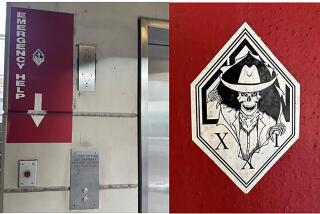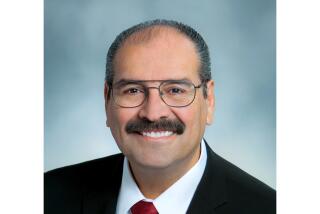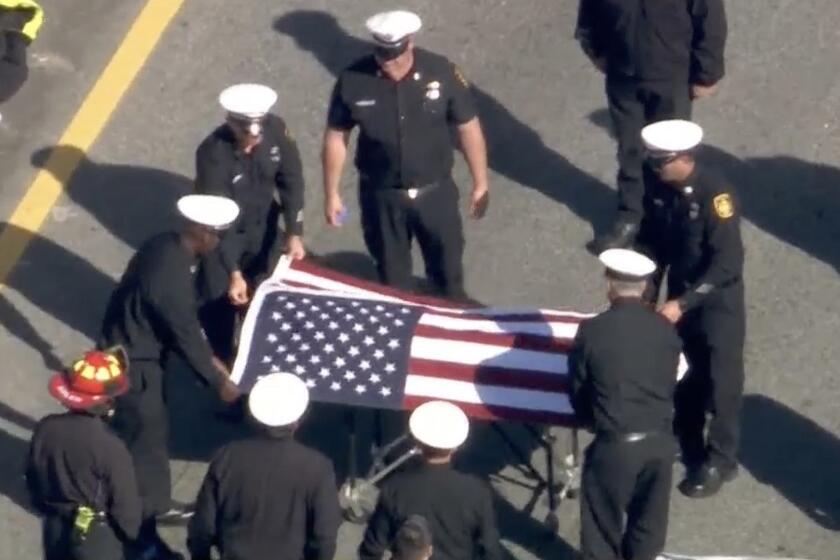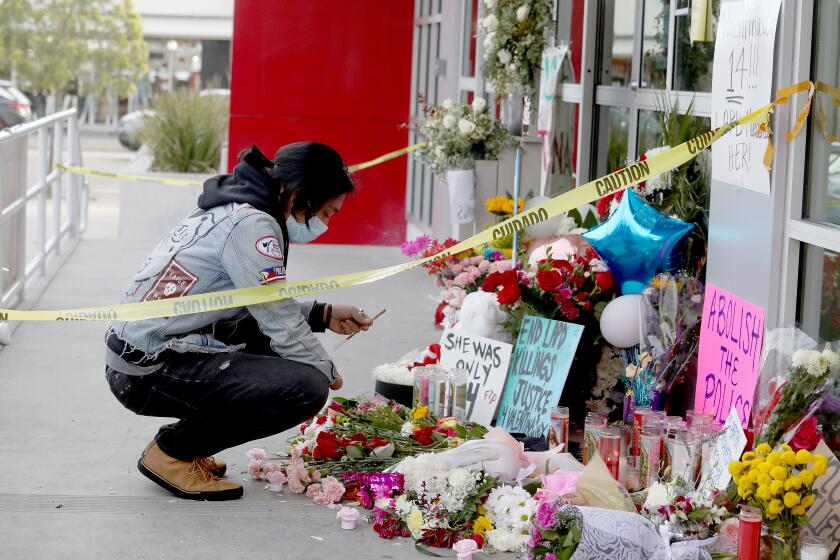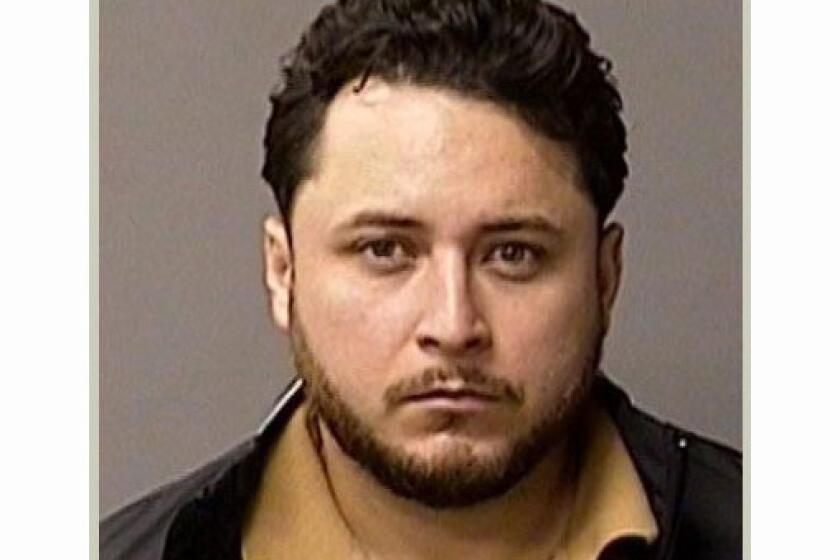U.S. Supreme Court refuses to shield Baca from inmate lawsuit
WASHINGTON — The Supreme Court refused Monday to shield Los Angeles County Sheriff Lee Baca from being sued for racial gang violence in the jails he supervises.
The justices without comment turned down an appeal from the county’s lawyers, who argued that Baca could not be held personally liable for the stabbing of an inmate since he had no personal involvement in the incident.
Instead, the court let stand a decision of the U.S. 9th Circuit Court of Appeals, which said that Baca could be sued for “deliberate indifference” to the inmate’s rights since he was aware of jailhouse violence and had failed to take action to stop it.
Dion Starr said he was stabbed 23 times by Latino gang members at the Men’s Central Jail in 2006. He also said he was kicked in the face by a guard who witnessed the incident and refused to come to his aid. In his suit, Starr named Baca as well as the guards and deputies who were at the scene.
Sonia Mercado, a lawyer for Starr, said it is important that the sheriff be named. “Unless the supervisor is held accountable, nothing will change,” she said. “This horrendous misconduct will continue.”
Timothy Coates, a Los Angeles lawyer, appealed to the high court in December, urging the justices to throw out the claim against Baca. He said plaintiffs’ lawyers try to win big damage judgments by naming top officials, whether or not they had a personal role in the case.
“If you are the head of an agency, you are a big target, and you can get dragged into lots of lawsuits,” he said.
Judges in California had been split over whether there was enough evidence for the suit against Baca to proceed. U.S. District Judge George Wu in Los Angeles dismissed the claim against the sheriff in 2008, since there was no evidence personally linking him to the jailhouse stabbing.
In 2009, the Supreme Court made it harder to sue top officials. In a 5-4 decision, it threw out a suit against former Atty. Gen. John Ashcroft seeking to hold him liable for the arrest and jailhouse beating of Muslim men after the terror attacks of Sept. 11, 2001.
The court said plaintiffs needed specific facts showing a top supervisor was directly involved in a constitutional violation. Afterward, a divided 9th Circuit allowed the suit against Baca to go forward.
More to Read
Start your day right
Sign up for Essential California for news, features and recommendations from the L.A. Times and beyond in your inbox six days a week.
You may occasionally receive promotional content from the Los Angeles Times.
